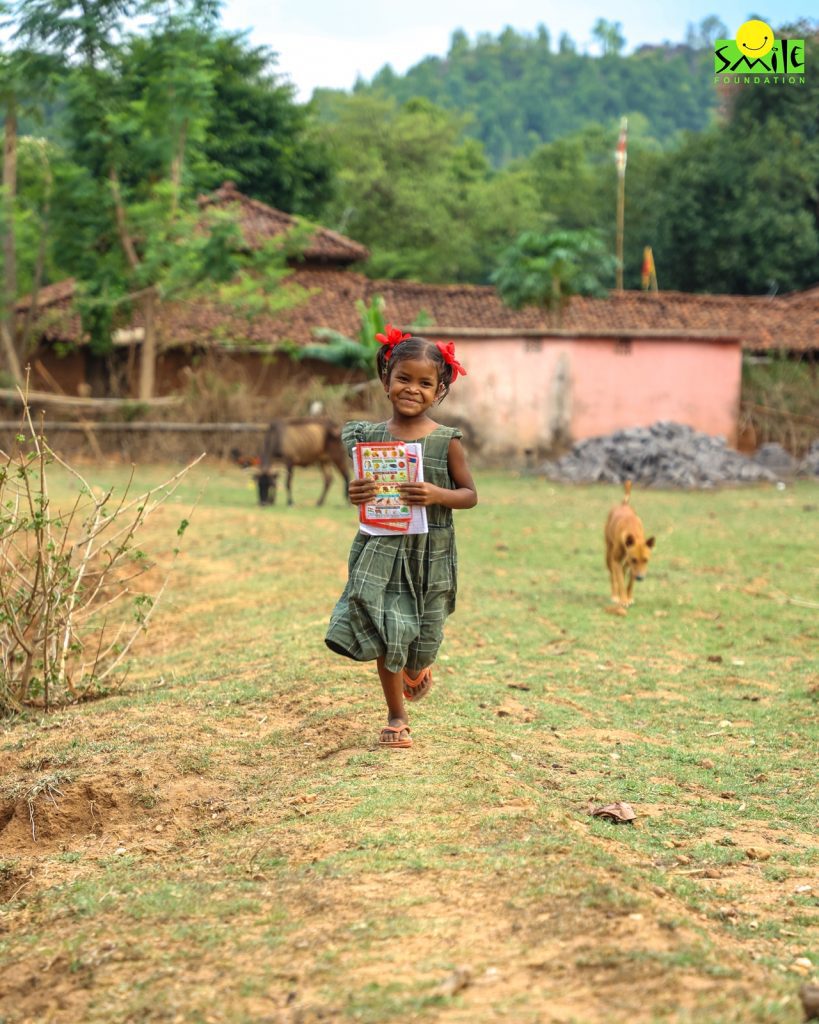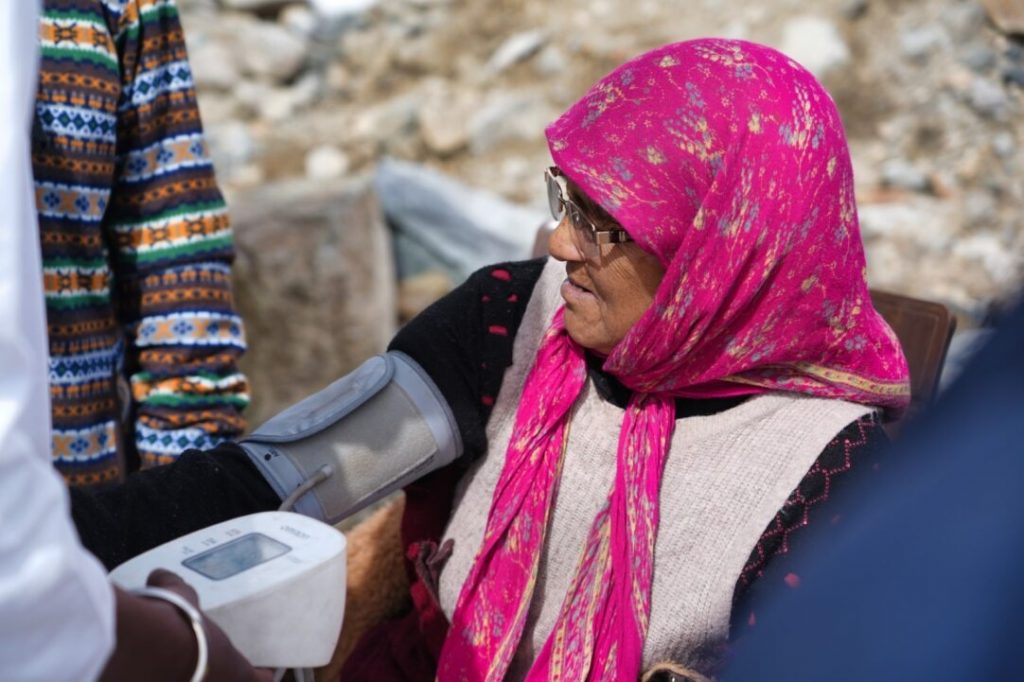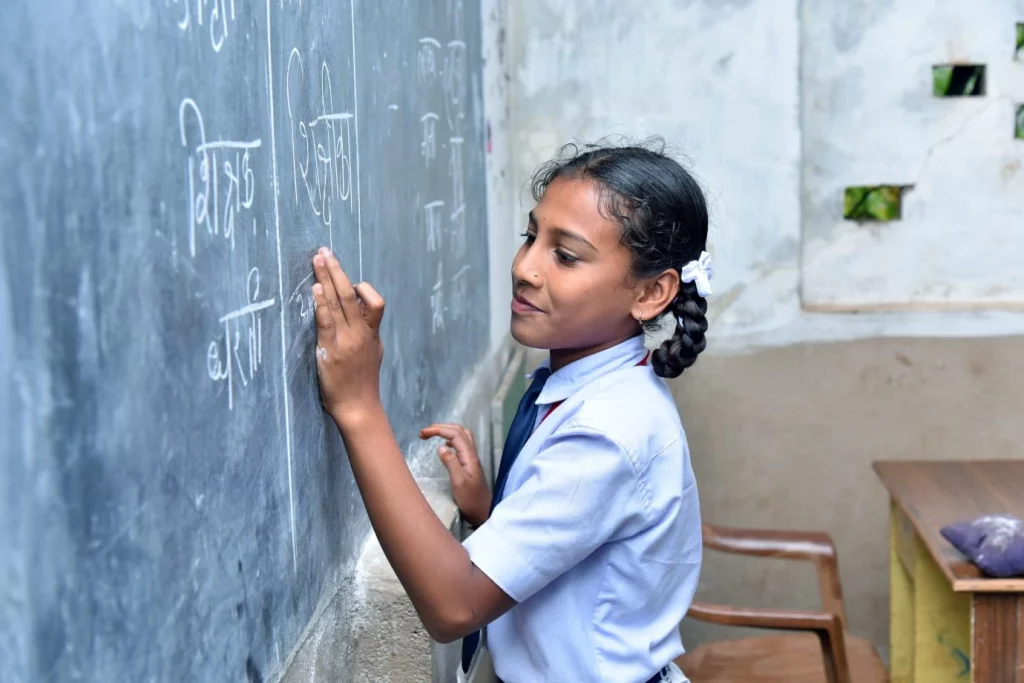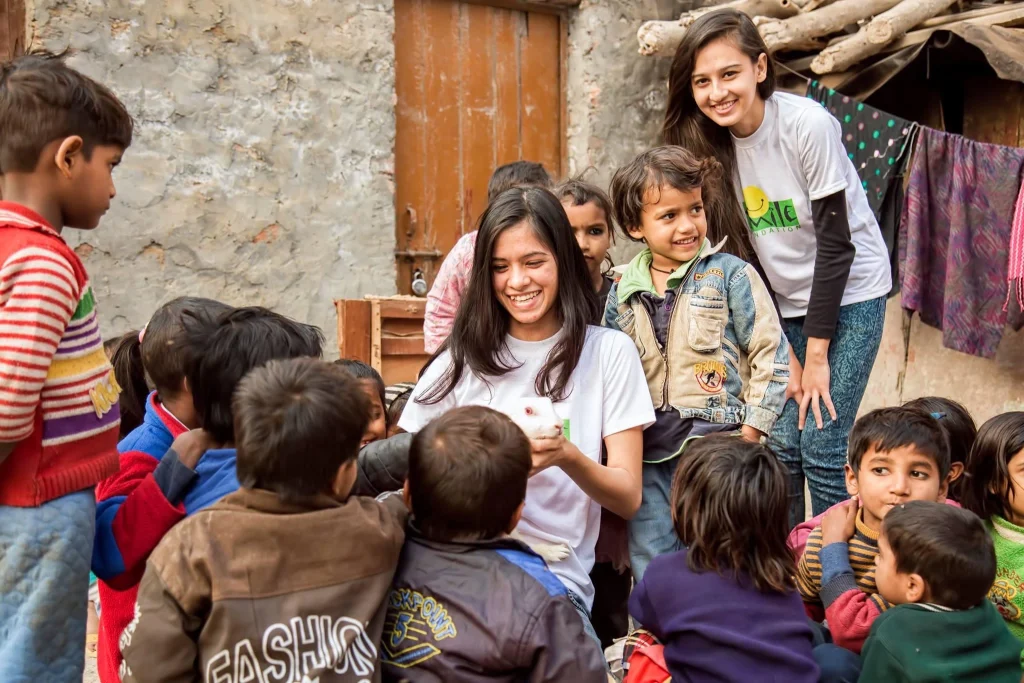Twenty-six-year-old Selvakumar vividly remembers his first day of college. Though he had scored well and secured admission in one of the elite colleges in Chennai, he was still intimidated by the other students.
“All of them spoke fluent English and had fancy clothes and phones. I was worried how I would cope in class and also whether I would be able to make friends with them,” says Selvakumar. “My parents, who hail from Krishnagiri, Tamil Nadu, never went to school but ensured that I pursued my education. I am the first person in my entire family to go college,” he says, adding that while he felt comfortable in the government school he attended, he felt at ease in college only by the end of the second semester.
Selvakumar’s experience is similar to that of many first-generation learners (FGL). But their experiences also bear testimony in the power of education to transform lives. For, as they get college degrees and secure employment, they are able to change not just their lives but that of their loved ones for the better.
Who is a first-generation learner?
First generation learners (FGL) are the first in their families to get a college or university education. Their parents are either illiterate or have not received a higher secondary education.
What are some of the problems faced by FGL?
Academic challenges: They may have difficulty keeping up with academic demands, especially as their parents are unable to help them with studies.
Lack of support and guidance: They may not get the support they need from their families. “There are two kinds of families. One will do anything to ensure that their children get a good education. On the other hand, there are families where they may not have the time and means to support the child so that they can have an education, even if they want to do it. For instance, single mothers who have to get up early to go to work and come back late and struggle financially may not be able to ensure their children have access to education,” says Virgil D Sami, executive director of Arunodhaya, which works for realising child rights through child participation.
Some of the children Arunodhaya supports have also said that they are unable to concentrate on studies at home. “They have said that they can’t study as their mothers want to watch TV once they come home as it’s their only form of recreation,” says D Sami.
FGL also lacks the guidance to chart their future course of studies. “When they have to apply to colleges or universities, they are confused about which course to pick or which college to apply to and don’t get that guidance at home,” says D Sami.
Financial issues: Parents may be unable to support them financially and pay school, college or tuition fees. “Many of them need extra coaching to cope academically. While some schools/ colleges may offer it, others may not. While some parents may be able to pay for tuition, many others cannot,” says D Sami.
Social exclusion: Even when FGL secure admission in good colleges or universities, many struggle to fit in as they come from a different background socially and financially, may not speak fluent English, etc.
“If they go to a local college, they may feel more comfortable but if they secure admission in elite educational institutions, they find it challenging. Some students we work with have confided that they are afraid to apply to bigger colleges as they are afraid that they may not fit in,” says D Sami, adding that they really have to motivate students to overcome this mindset.
Psychological challenges: All the above factors can create a sense of anxiety and feelings of self-doubt. The transition period can take a toll on mental health. For instance, Kuljeet Kaur Brar’s study, ‘Educational problems of first generation learners and non-first-generation learners in relation to achievement motivation and home environment’ says that many FGL suffer from inferiority complex, which in turn leads to a feeling of shyness and reduced responsiveness in the classroom.
Why support FGL?
Aiding and abetting first-generation learners can help reduce barriers and create more opportunities for those who may not have had the same access to resources as others, writes social work educator and researcher Govind D in a post on LinkedIn. “All the first learners face challenges because they are unfamiliar with the educational system or simply due to cultural differences. No wonder that providing support and resources to them can help level the playing field. Besides that, assisting first-generation learners can help to promote diversity and inclusivity by letting students from underrepresented groups succeed and reach their full potential,” he writes.
In Kuljeet Kaur Brar’s study, she says first generation learners are unused human resources in a country like India. “From a national point of view human resources means knowledge, skills, creative ability, talent and attitude possessed by the population which is still veiled in first generation learners,” says the abstract of the study.
When a FGL receives support and is able to complete higher studies and secure employment, they are able to support their siblings and parents as well as others, which leads to social upliftment and mobility, which in turn benefits the country. The workforce becomes more inclusive and supportive, and the country gains human resources.
Initiatives to help FGL
The Indian government has launched some initiatives to help first-generation learners. The First-Generation Graduate Scholarship Scheme offers tuition fee concessions to “the candidates who are to be the first graduate in a family, those who are attending counselling and joining in professional courses in government / aided and self-financing engineering colleges”.
Educational institutions also offer scholarships. The Shiv Nadar University Chennai Scholarship offers a waiver of 75% of tuition fees if the student has no backlogs.
How NGOs help
Arunodhaya supports FGL and less privileged students by motivating them to pursue their studies, organising special coaching classes, and conducting career guidance sessions. “We do follow ups from class I to see they don’t drop out, help them choose courses and colleges and also teach them how to apply for bank loans,” says D Sami.
Bhumi, a Chennai-based non-profit which aims to drive social change by fostering an environment where young adults and children learn, lead, and thrive, also runs an educational programme that benefits the less privileged and FGL. “One component is a scholarship programme that funds college education for students. We have a scoring rubric that considers parental status as one of the parameters for being shortlisted for it,” says Dr Prahalathan KK, co-founder of Bhumi, adding that the scholarship amount ranges from Rs 25,000 to Rs 40,000 a year.
Some of the students who have benefited from the scholarships and secured employment now volunteer for the same programme to help other students, he says.
Smile Foundation’s flagship programme, Mission Education, works to empower underprivileged children by providing education, nutrition and wellness support. In Lucknow, the project, which has three centres in Takrohi, Amrapali and Samaudipur areas, provides primary education to underprivileged children, with special focus on the girl child. Most of the children, who come from adjoining villages and slums, are first-generation learners whose parents have been working as casual labourers or daily wage earners at construction sites, small shops or roadside eateries.
While initially it was difficult to get the children to attend the centres, after rigorously counselling the parents, and with the project becoming a success, now parents are more aware and enrol their children as they come of age. Smile Foundation has joined hands with Jupiter Academy Society for the project.










